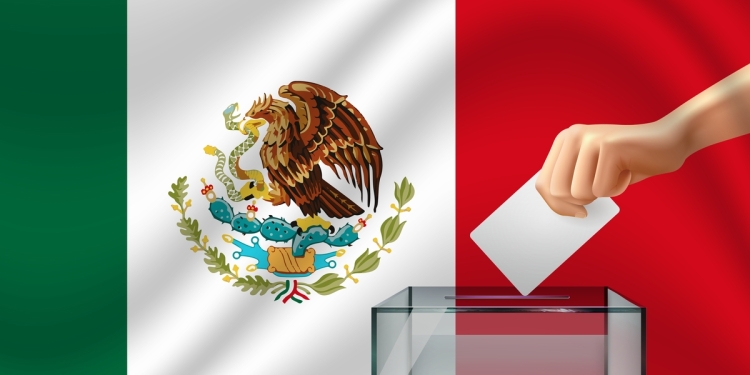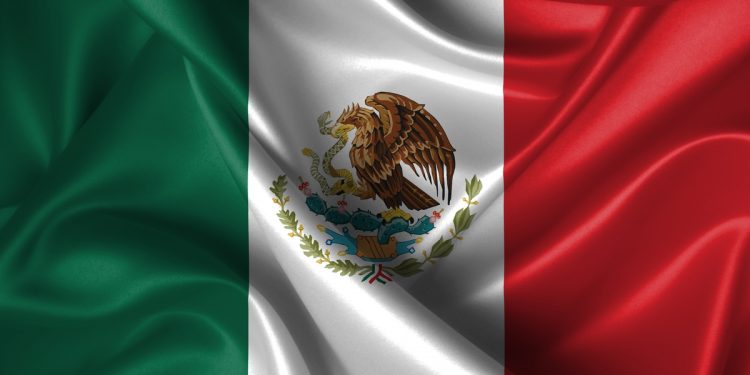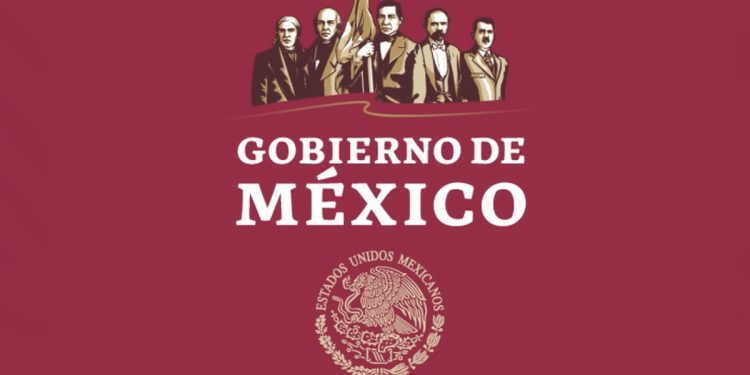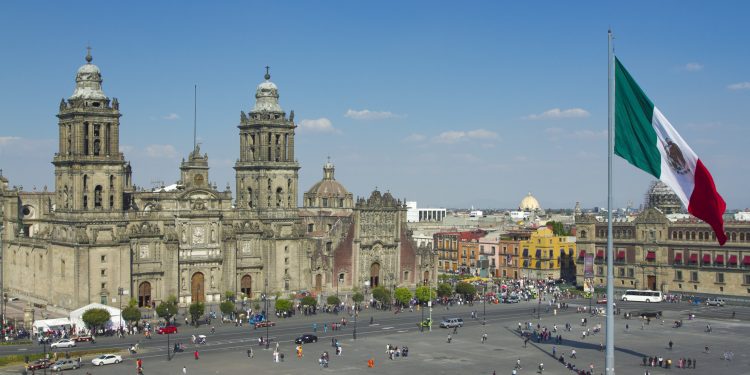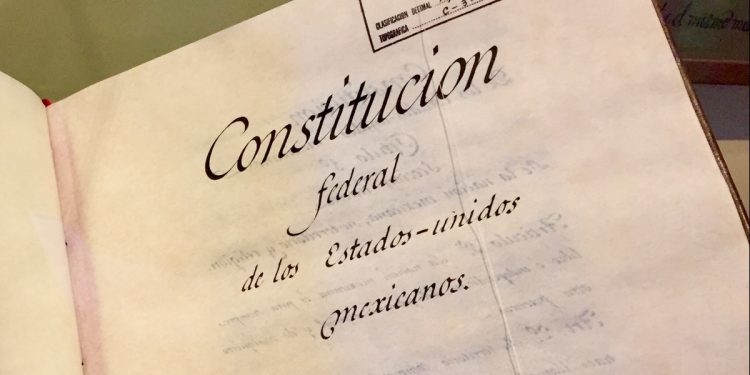Mexicans will vote on June 2nd for a new president, as well as 128 members of the Senate, and 500 members of Congress. Additionally, local elections take place in all of Mexico’s 32 states, including for state governor in nine of them.
The elections this year are one month earlier than usual. The reason is that the change of administration will take place on October 1st, when in the past the elections were held in July and the handover of power took place on December 1st.
Election Results
Election results are published by INE, Mexico’s election institute, and you can find the latest information on its official website.
Mexico’s political architecture
Mexico’s political structure is formed through a republic of 32 states inside a union bound by a common constitution. Mexico’s republic used to comprise 31 states and a Federal District (Mexico City), although constitutional changes in 2016 transformed Mexico City into a state in its own right.
The Mexican federal government comprises an executive branch, a bicameral congress composed of a Senate in the upper house, a lower Chamber of Deputies, and an independent judiciary, headed by a Supreme Court.
Mexican states have their own constitutions; however, the states’ constitutions cannot contradict the federal constitution, and state governance must adhere to a republican congressional system, headed by a state governor.
Terms limits in public office
The elected president serves as the head of the executive branch, and commander-in-chief of the armed forces. The president is elected for a non-renewable six-year term.
Each state governor is directly elected in the state they represent, and may not hold office for more than six years.
Congressional Representatives are elected for three-year terms in the case of the lower house and six years in the case of the Senate.
Mexican political candidates contest seats in a single-round plurality vote, sometimes referred to as a ‘relative majority.’ This means that the winning candidate is the one who polls more votes than any other in the contest, even if the sum of those votes does not muster a majority.
Three candidates running for president
The main interest in June’s elections is the presidential race, in which there are three candidates:
- Claudia Sheinbaum for the ruling Morena party, along with the small Workers Party (PT) and Green Party (PVEM).
- Xóchitl Gálvez is running for a coalition of the PRI, PAN, and PRD parties.
- Jorge Álvarez Máynez is the candidate for the smaller Citizens Movement party.
With less than a month to go before election day on June 2nd, Sheinbaum is leading in the polls, followed by Gálvez, with Álvarez Máynez a distant third.
Voting, and the transition period
Around 98.4 million people are eligible to vote in Mexico, and an additional 675,000 Mexicans living abroad are also being encouraged to cast their vote. Results of the election are expected to be known the same day as the voting.
Some time after polls have closed in Baja California, which is two hours behind Mexico City, the country’s electoral institute is expected to release the results of its quick count based on a nationwide sample of results from polling places.
This is not an exit poll, and in the past the institute’s quick counts have always been close to the final results. If the margin of victory of any one candidate is big enough, the institute will virtually announce the winner.
If not, it will wait until results are in from all polling places. The results are posted online as they come in, so by the early hours of Monday, June 3rd, a high percentage of results is available.
Historically, Mexico’s elections took place in July, and the incumbent administration would handover power on December 1st that year, and that was marked with a national holiday every six years. Political reforms intended to reduce the length of the “transition period” moved the election date to June, and changed the handover date to October 1st—effectively reducing the transition period by from five months, to four months.
Mexico in your inbox
Our free newsletter about Mexico brings you a monthly round-up of recently published stories and opportunities, as well as gems from our archives.

